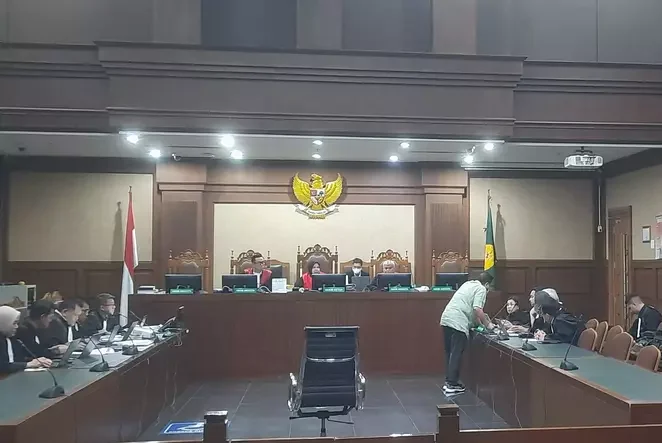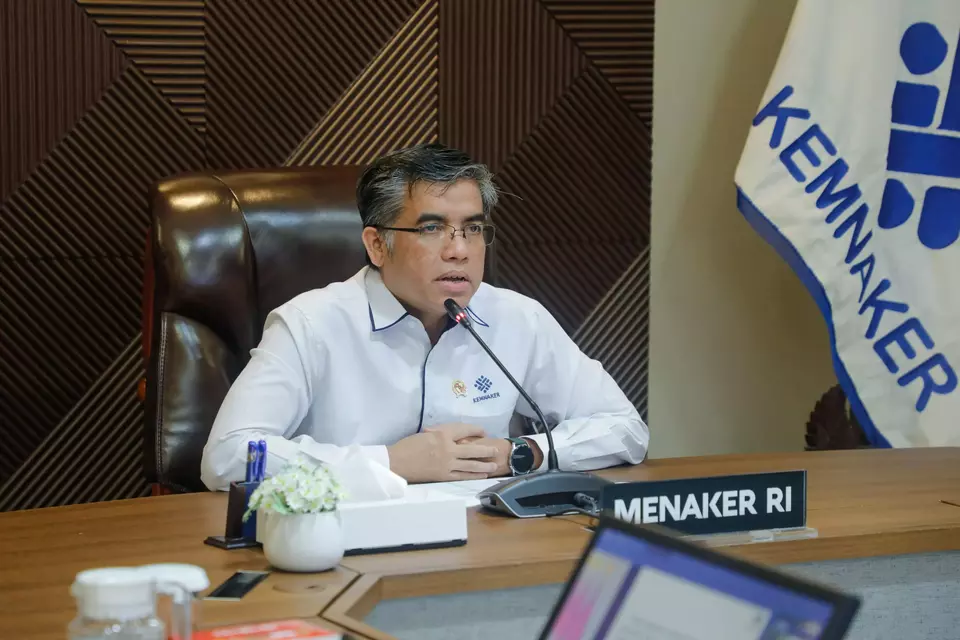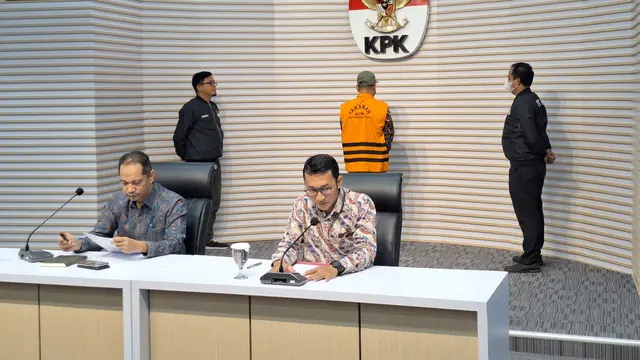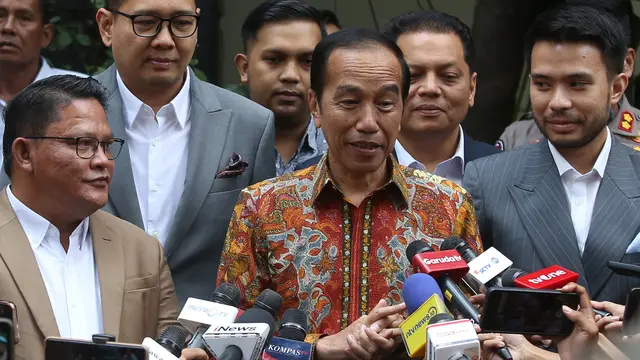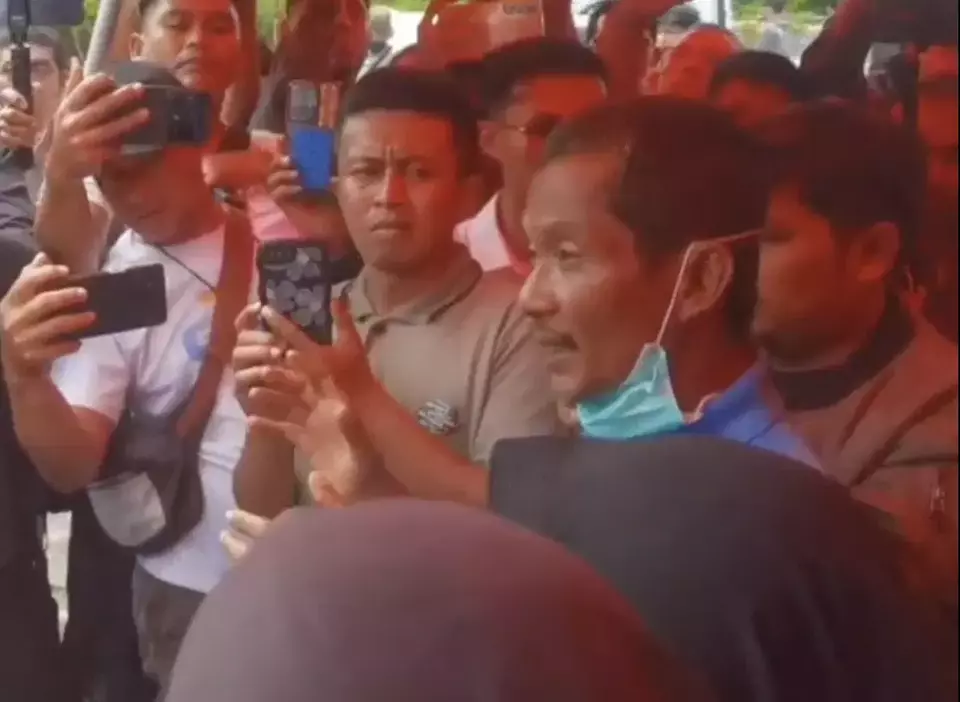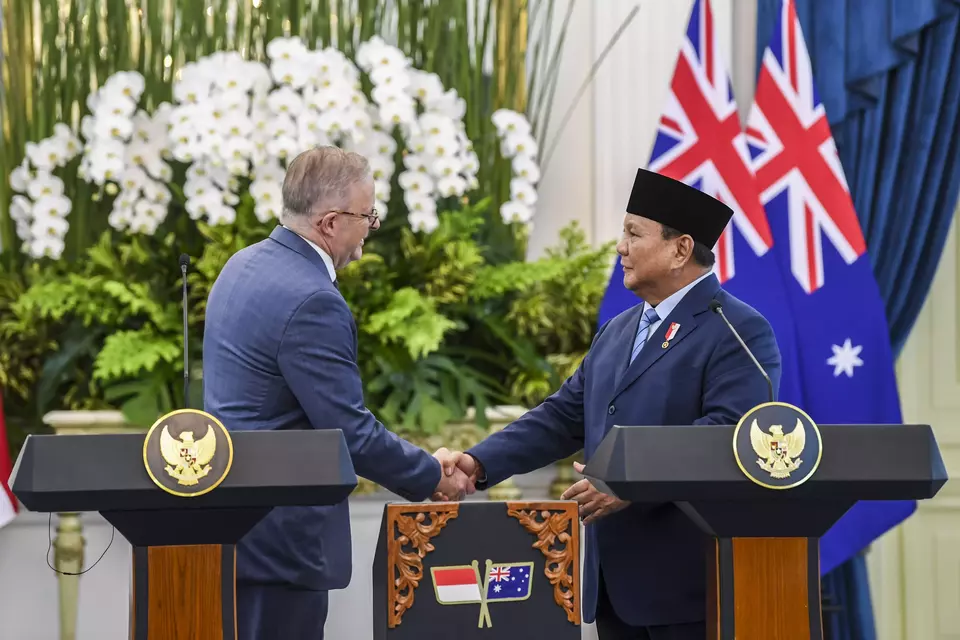
Diplomas, Doubts, and Democracy: Jokowi Pushes Back Against Degree Conspiracy
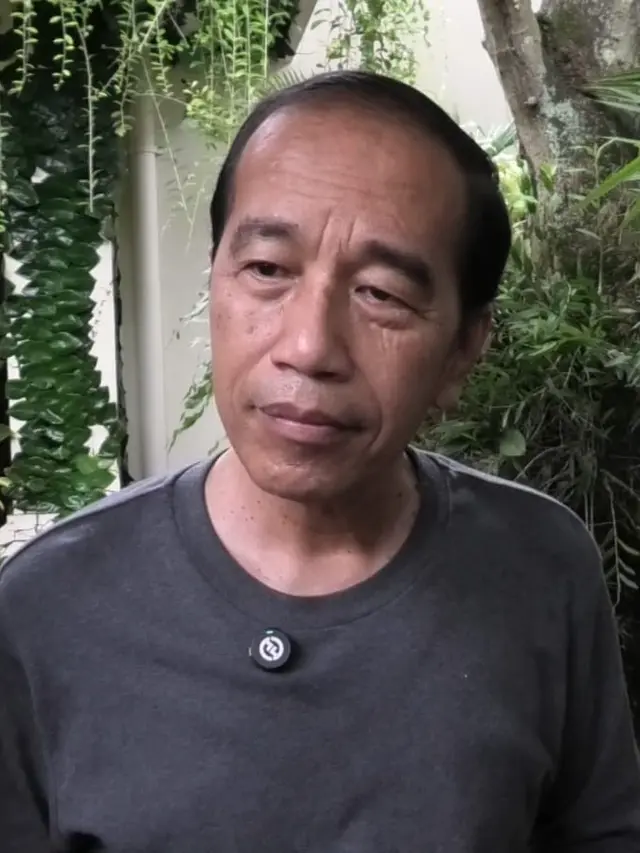
Solo, Xweb.biz.id – In an era where political narratives are often shaped by social media noise, Indonesian President Joko Widodo has once again found himself confronting a familiar — and arguably tired — accusation: questions over the authenticity of his university diploma.
This week, during a meeting with members of the Team of Defenders of Ulama and Activists (TPUA) in Solo, Central Java, Jokowi stood firm. The president made it clear that he has no legal obligation to display his original academic credentials to the group — or to anyone outside the scope of official legal channels.
“They asked me to show the original diploma,” Jokowi said calmly. “I told them — there’s no obligation for me to do so.”
It was a brief but pointed statement, delivered with characteristic restraint. But behind the president’s composed demeanor lies a larger tension that has lingered throughout his presidency: the persistence of conspiracy theories in Indonesia’s political landscape.
The Role of the University
To cut through the noise, Jokowi’s alma mater — Universitas Gadjah Mada (UGM) — has taken the unusual step of offering transparency, albeit within legal boundaries. Speaking to the press, UGM Vice Rector Wening Udasmoro reaffirmed the institution’s commitment to academic integrity and regulatory compliance.
“We’re ready to disclose President Jokowi’s academic history,” Wening said, “but only through official legal requests.”
UGM’s archive is thorough. From Jokowi’s high school diploma and college documents to his thesis and photographs with classmates, the university has compiled a comprehensive record of his academic journey. Several of his former classmates have even stepped forward to confirm his attendance and graduation — adding a human touch to what should be a non-issue.
But Wening made one thing clear: UGM is not defending a politician. It is protecting the credibility of an academic institution — and by extension, the truth.
A Manufactured Controversy?
The diploma issue has surfaced time and time again, often near moments of political tension. Critics have used it as a wedge, attempting to question not just Jokowi’s legitimacy, but the systems that validate public officials.
But this time, the tone feels different. Perhaps it’s fatigue. Perhaps it’s the mounting weight of facts. Or perhaps it’s the president’s refusal to engage with a narrative that, despite its persistence, lacks substantive evidence.
At its core, this controversy is not really about a diploma. It’s about trust — in institutions, in democracy, and in each other. And it raises an important question: when do we stop giving oxygen to unfounded claims, and start demanding evidence before outrage?
Closing the Chapter
UGM’s willingness to comply with judicial processes, combined with Jokowi’s refusal to dignify baseless demands, sets a precedent rooted in institutional clarity. In an age where viral doubt often outpaces verified truth, both the university and the president seem to be saying: enough is enough.

